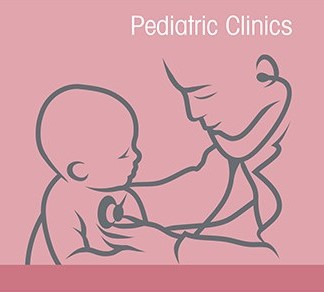
Endocrine Health in Childhood Cancer Survivors
Endocrine late effects are widespread among childhood cancer survivors. This resource reviews treatment factors that increase risk and some of the common concerns, including hypothyroidism,

Endocrine late effects are widespread among childhood cancer survivors. This resource reviews treatment factors that increase risk and some of the common concerns, including hypothyroidism,

This resource introduces the importance of the endocrine system and issues that can arise for childhood cancer survivors. It further details those at the highest
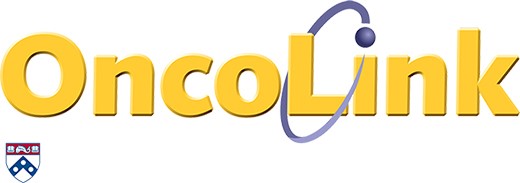
Learn about the thyroid, why childhood cancer survivors may be at risk for thyroid problems, important maintenance practices, and when to involve practitioners.

Obesity, insulin resistance/diabetes mellitus, hypertension, and dyslipidemia are long-term complications in childhood cancer survivors and increase the risk for subsequent development of cardiovascular disease. Radiation
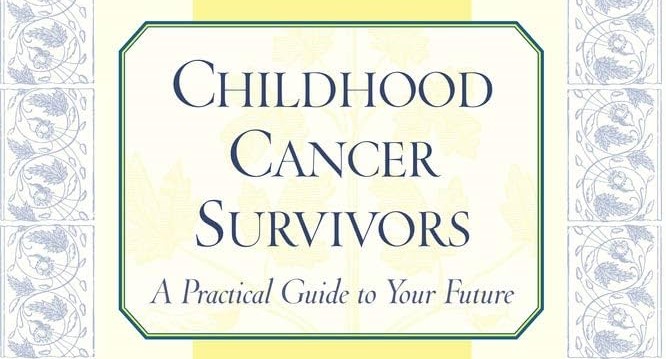
This valuable survivorship online resource devotes a chapter to the immune systems, including the spleen and lymphatic systems. It details essential guidance about healthy maintenance
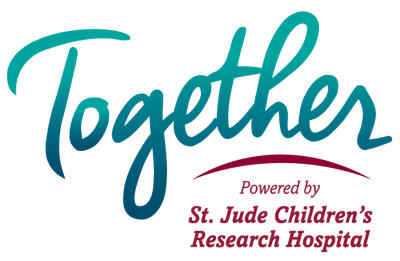
Some cancer treatments can damage or stop the function of the spleen, an essential part of the body’s immune system. This resource provides information about
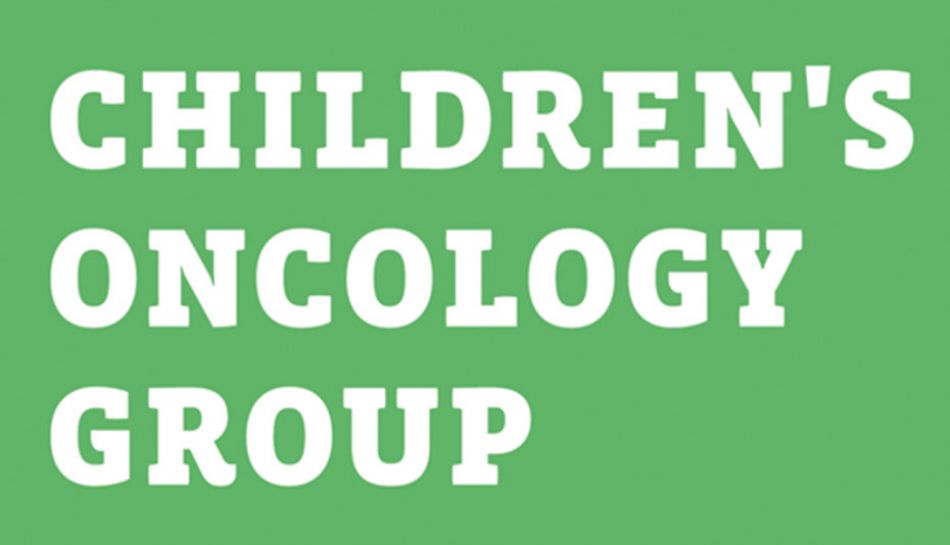
Some survivors who received treatment with vinblastine or vincristine develop a condition called Raynaud’s phenomenon. While not serious or life threatening, it causes occasional narrowing

Endocrine complications are highly prevalent in childhood cancer survivors. Approximately 50% of survivors will experience at least one hormonal disorder. This resource provides an overview

Caring for cancer survivors—including children, adolescents, and young adults—is complex. The various therapies used to treat cancer can throw off the endocrine/hormonal system. Thus, knowing

Hypopituitarism is the decrease or lack of one or more of the pituitary hormones. Symptoms are related to the hormone(s) that is deficient.